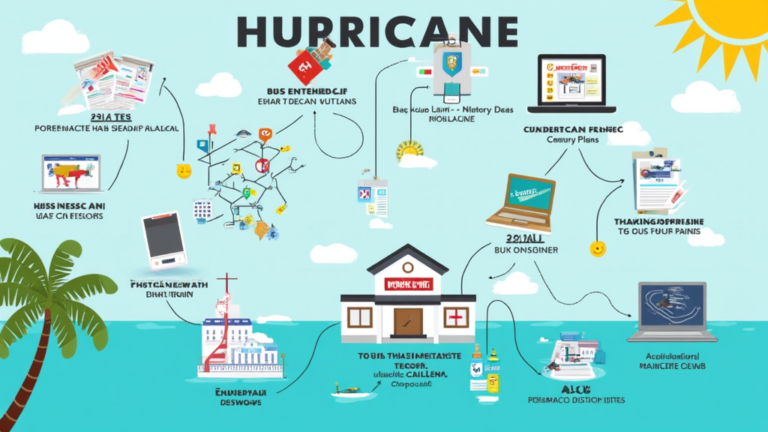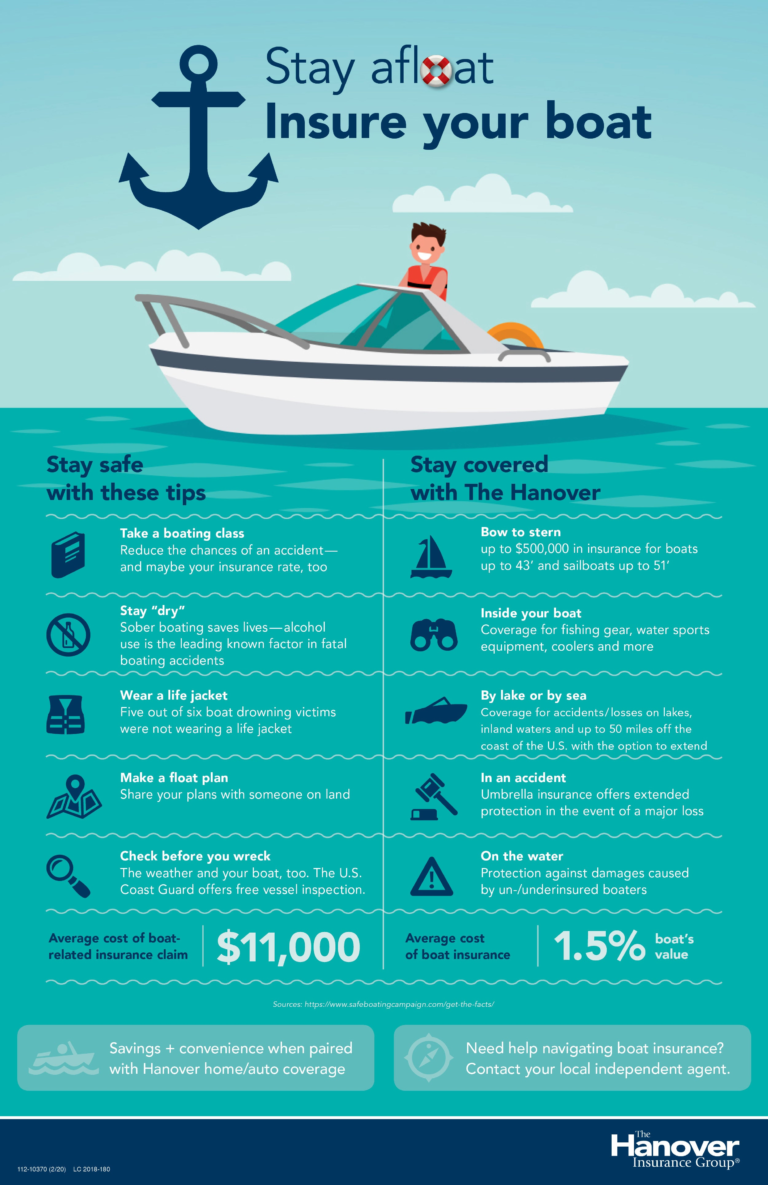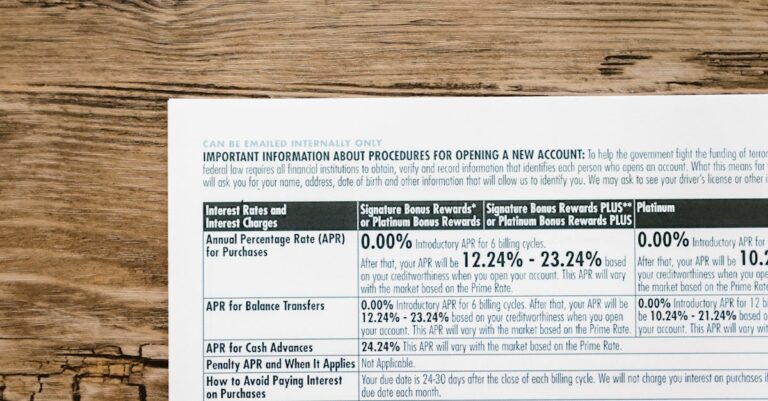Umbrella Insurance: Essential Protection for Your Assets
Umbrella insurance is an essential financial tool that provides additional liability coverage beyond the limits of your home, auto, or renters insurance. This type of additional insurance offers vital financial protection against unforeseen events, such as lawsuits that could threaten your assets. With policies typically starting at an affordable rate of $150 to $300 per year for $1 million in coverage, umbrella insurance is a cost-effective solution for safeguarding your financial future. It covers scenarios often excluded from standard policies, including defamation and injuries occurring on your property, ensuring that you have the comprehensive coverage you need. As you navigate the complexities of personal liability, understanding the benefits of an umbrella policy can be a crucial step in protecting your wealth and peace of mind.
When considering enhanced liability protection, many people turn to supplementary coverage that goes above and beyond traditional insurance policies. This broader protection, often referred to as extra liability insurance, serves as a safety net for individuals who may face substantial risks. By filling in the gaps left by standard policies, this type of coverage ensures that individuals are safeguarded against significant financial exposure, especially in high-stakes situations. Whether you own valuable assets or engage in activities that increase your liability, this affordable insurance option is worth exploring. Ultimately, investing in such extensive financial protection can provide peace of mind in an increasingly litigious world.
Understanding the Importance of Umbrella Insurance
Umbrella insurance plays a vital role in today’s increasingly litigious society. It offers an additional layer of liability coverage that extends beyond the limits of your existing home or auto insurance policies. This type of insurance is essential for individuals who want to ensure that their assets are protected from unexpected legal claims that could arise from accidents, injuries, or other incidents. Without adequate coverage, you risk facing significant financial losses, which could impact your savings, property, and even future earnings.
The significance of umbrella insurance cannot be understated, especially for those with substantial assets. As lawsuits become more common and settlements grow larger, having an umbrella policy is a smart financial decision. It not only provides peace of mind but also safeguards your hard-earned assets from being seized to pay for damages that exceed your standard insurance limits. This financial protection is crucial for anyone concerned about their vulnerability in a world where legal claims are on the rise.
How Umbrella Insurance Enhances Your Liability Coverage
Umbrella insurance enhances your existing liability coverage by filling in the gaps that standard policies may leave behind. For instance, if your homeowners or auto insurance has a liability limit of $500,000, and you face a lawsuit totaling $1 million, your umbrella policy can cover the difference. This supplemental coverage is particularly valuable in protecting your financial interests during potentially devastating legal situations.
Moreover, umbrella insurance covers various incidents that may not be included in regular policies, such as claims of defamation or false arrest. This broad range of coverage ensures that you are protected against unexpected liabilities that could otherwise lead to substantial financial burdens. By investing in an umbrella policy, you’re not only meeting your insurance needs but also securing your financial future against unforeseen risks.
The Financial Benefits of Umbrella Insurance
One of the most compelling reasons to consider umbrella insurance is its affordability. Despite the extensive coverage it provides, umbrella policies are typically very cost-effective. With premiums ranging from $150 to $300 per year for $1 million in coverage, many individuals find this to be a small price to pay for the extensive financial protection it offers. This affordability makes umbrella insurance accessible to a wider audience, allowing more people to safeguard their assets.
In addition to its low cost, umbrella insurance can also save you money in the long run. By preventing potentially devastating financial losses from lawsuits, this type of insurance can help you avoid the high costs of legal fees and settlements that exceed your primary policy limits. Investing in an umbrella policy now can protect your financial well-being and secure your assets for the future.
Who Needs Umbrella Insurance?
Umbrella insurance is particularly beneficial for individuals with higher risks or significant assets to protect. Homeowners with substantial equity in their property or high-net-worth individuals often find themselves vulnerable to lawsuits that exceed their standard insurance limits. By acquiring an umbrella policy, they can ensure that their homes and savings are protected from potential claims that could jeopardize their financial stability.
Moreover, people who lead high-risk lifestyles, such as those who frequently host gatherings, own swimming pools, or engage in activities that increase their liability exposure, should strongly consider umbrella insurance. This additional layer of protection can provide peace of mind, knowing that they have coverage in place for any unfortunate incidents that may occur.
Common Misconceptions About Umbrella Insurance
Many individuals mistakenly believe that umbrella insurance is only necessary for the wealthy or those with high-value assets. In reality, anyone can benefit from this type of additional liability coverage. The risk of lawsuits exists for everyone, regardless of their financial standing. Therefore, having an umbrella policy can provide crucial protection against unexpected legal claims that could threaten anyone’s financial stability.
Another misconception is that umbrella insurance covers all types of liabilities. While it offers extensive protection, there are limitations, such as not covering intentional acts or business-related claims. Understanding what umbrella insurance does and does not cover is essential for making informed decisions about your insurance needs. It’s important to consult with an insurance professional to clarify these aspects and ensure you have the right coverage in place.
The Process of Obtaining Umbrella Insurance
Acquiring umbrella insurance typically involves a straightforward process. First, you’ll need to assess your current insurance policies to determine your existing liability coverage limits. This evaluation will help you understand how much additional coverage you might need. It’s also advisable to consult with an insurance agent who can guide you through selecting the appropriate policy based on your unique circumstances and risk factors.
Once you have determined your needs, you can compare different umbrella insurance providers to find the best policy for you. Many insurance companies offer customizable options, allowing you to adjust coverage limits and add endorsements as necessary. Taking the time to research and choose the right umbrella policy will ensure that you have comprehensive financial protection against potential liabilities.
Umbrella Insurance and Liability Claims
Umbrella insurance is designed to provide coverage for a wide array of liability claims, including those that may arise from accidents on your property, vehicular mishaps, and even personal injury lawsuits. This type of policy can help cover legal fees, medical expenses, and damages awarded in court, which can quickly add up and exceed your standard policy limits. By having an umbrella insurance policy, you can protect yourself from the financial burden associated with these claims.
Additionally, umbrella insurance can offer peace of mind in knowing that you are prepared for unexpected events. Whether it’s a slip-and-fall accident on your property or a serious car accident, having this coverage means that you won’t have to face the daunting costs alone. With umbrella insurance, you can navigate life with the confidence that your financial future is secure, even in the face of large liability claims.
Evaluating Your Need for Umbrella Insurance
Determining whether umbrella insurance is the right choice for you requires an assessment of your personal risk factors and financial situation. Consider your assets, lifestyle, and any potential exposure to liability. For example, if you own a home, have substantial savings, or engage in activities that could lead to accidents, umbrella insurance can provide essential protection. It’s also wise to evaluate your current insurance policies and identify any gaps that an umbrella policy could fill.
Consulting with an insurance professional can help clarify your needs and guide you through the decision-making process. They can help you understand the benefits of umbrella insurance, as well as how it fits into your overall insurance strategy. By taking the time to evaluate your options, you can make an informed decision that ensures you have adequate coverage for your assets and peace of mind.
Final Thoughts on Umbrella Insurance
In conclusion, umbrella insurance serves as a crucial layer of financial protection in a world where liability claims are increasingly common. This affordable insurance option offers extensive coverage beyond standard policies, safeguarding your assets from the potentially devastating effects of lawsuits. By understanding the importance of umbrella insurance and evaluating your personal risk factors, you can make informed decisions about your insurance needs.
Ultimately, investing in umbrella insurance can provide peace of mind and financial security, ensuring that you are well-prepared for any unexpected liabilities that may arise. As you navigate the complexities of insurance coverage, remember that seeking professional advice can help you find the right policy to protect your future.
Frequently Asked Questions
What does umbrella insurance cover?
Umbrella insurance provides extensive liability coverage beyond your existing policies, covering incidents such as injuries on your property, auto accidents, and personal injury claims like defamation. It also helps pay for legal fees and damages exceeding your primary insurance limits.
Is umbrella insurance expensive compared to other types of insurance?
Umbrella insurance is typically very affordable, with annual premiums ranging from $150 to $300 for $1 million of coverage. This makes it a cost-effective option for enhancing your financial protection against potential liabilities.
Who should consider purchasing an umbrella insurance policy?
Umbrella insurance is particularly beneficial for homeowners with substantial assets, individuals with high-risk lifestyles, and small business owners. If you have assets to protect or engage in activities that increase your liability exposure, umbrella insurance is highly advisable.
How does umbrella insurance provide additional financial protection?
Umbrella insurance acts as a safety net, covering costs that exceed the liability limits of your primary insurance policies. This additional layer of coverage helps protect your assets from lawsuits and financial judgments, ensuring your savings and property are safeguarded.
What types of incidents are not covered by umbrella insurance?
Umbrella insurance generally does not cover intentional acts, criminal activities, or personal injuries you cause to yourself. It focuses on third-party claims and does not provide coverage for business liabilities or damage to your own property.
Can umbrella insurance cover legal fees related to lawsuits?
Yes, umbrella insurance can cover legal fees associated with liability claims that exceed your primary policy limits. This includes costs arising from lawsuits related to accidents, injuries, or other liabilities.
Why is it important to have umbrella insurance?
Umbrella insurance is crucial for protecting your financial future, especially in today’s litigious society. It provides peace of mind by safeguarding your assets from large lawsuits and unexpected incidents that may not be fully covered by your standard insurance policies.
How much umbrella insurance coverage do I need?
The amount of umbrella insurance coverage you need depends on your assets, lifestyle, and risk factors. A minimum of $1 million is often recommended, but higher limits may be necessary for those with substantial assets or higher exposure to liability.
What is the process for purchasing an umbrella insurance policy?
To purchase umbrella insurance, you typically start by discussing your needs with an insurance agent. They can help assess your current coverage and recommend an appropriate umbrella policy based on your risk factors and financial situation.
Are there any prerequisites for buying umbrella insurance?
Yes, most insurance companies require you to have certain levels of liability coverage in your underlying policies, such as auto and homeowners insurance, before you can purchase an umbrella insurance policy.
| Key Point | Details |
|---|---|
| What is Umbrella Insurance? | An extra layer of liability protection beyond standard insurance policies. |
| Why Do You Need It? | Protects against large lawsuits, covers situations not included in standard policies, and safeguards personal assets. |
| Affordability | Typically costs between $150 and $300 annually for $1 million coverage. |
| Who Should Consider It? | Homeowners with substantial assets, individuals with high-risk lifestyles, and small business owners. |
| Limitations | Does not cover intentional acts, business liabilities, or personal injury/property damage you cause. |
Summary
Umbrella insurance is a crucial aspect of financial protection that extends beyond standard liability coverage. It serves as a safeguard for your assets against lawsuits and unexpected events, ensuring that your savings and property remain secure even in the face of substantial claims. This additional layer of coverage is not only affordable but also essential for those with significant assets or high-risk lifestyles. By understanding the importance of umbrella insurance, you can make an informed decision that protects your financial future effectively.







